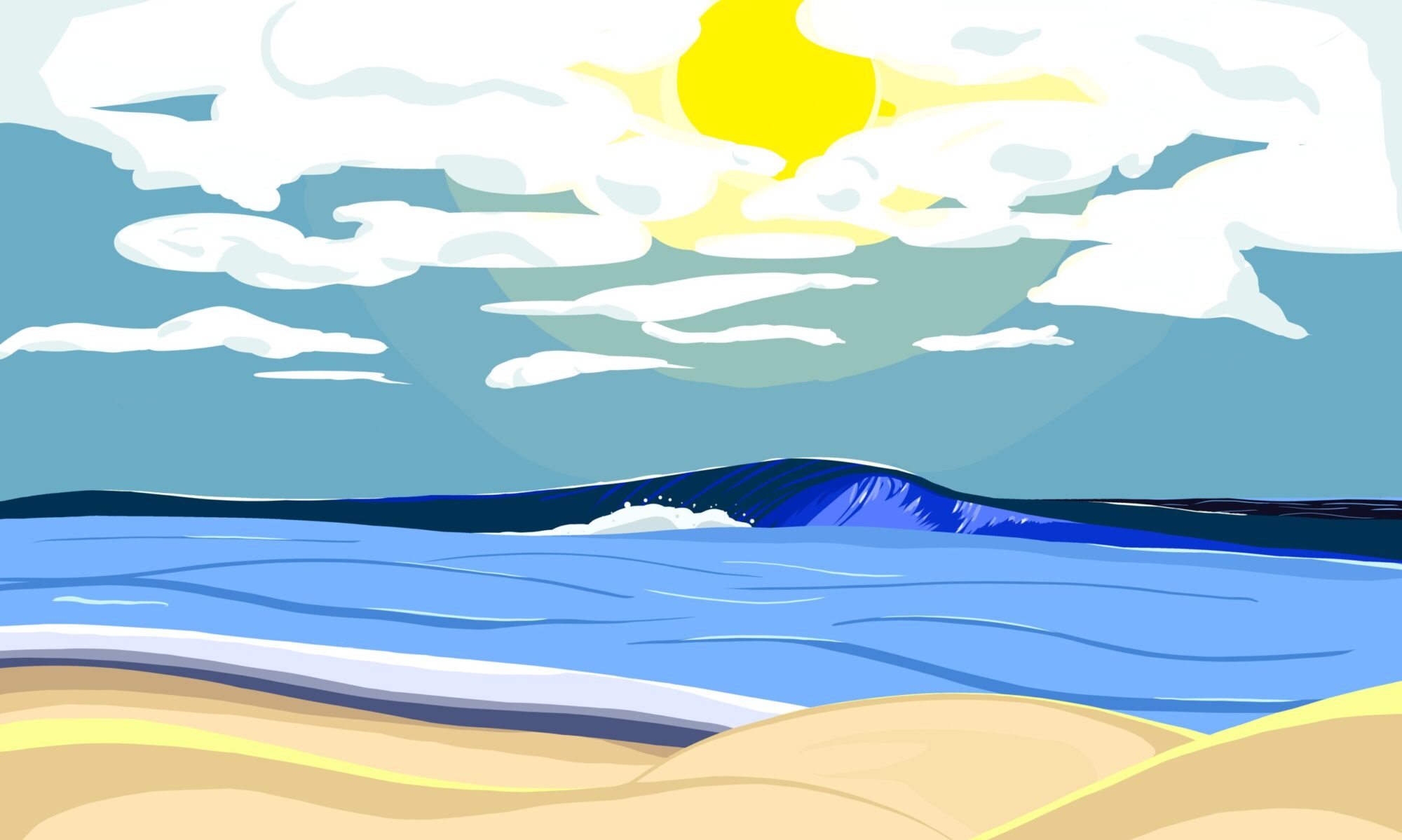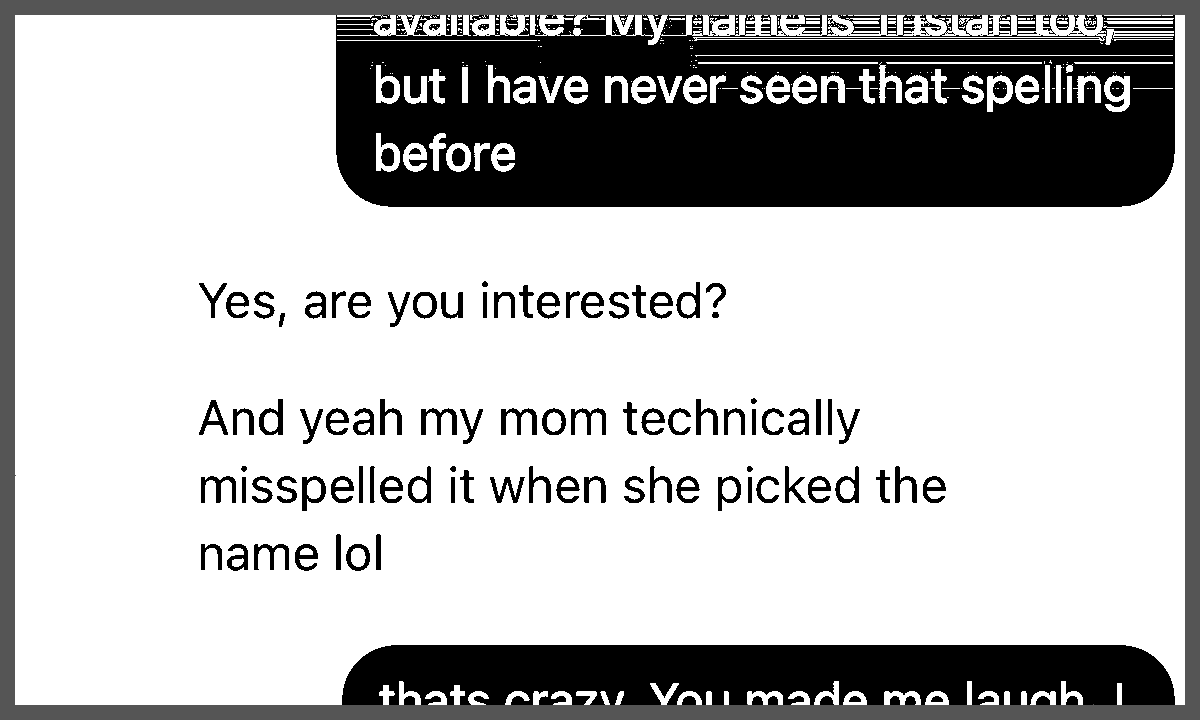Hello! Welcome back to another week. I have been everywhere with this blog, but I am back home, so there should be better consistency going forward. This week, I will mostly be focusing on episode #785 of my favorite podcast. Citation at the bottom. I will keep it simple: I am just going to be taking a few quotes from this episode and commenting on them. Let. Us. Begin…
“You want to find someone that is where you want to go, where you want to be, and then you just find a way to create enough value to go in their world” (48:00). I think this one is simple, but it should not be easily overlooked. It makes sense to me that most mentors—most people who have already gone through the experience and come out successful—are simply looking for younger, passionate individuals to share their knowledge with. As long as one brings something positive into the other’s life and demonstrates authentic enthusiasm, there will likely be someone there to teach.
“You’re enough, and you’re capable of much more” (51:00). I find this quote to be very meaningful because, for a long time, I have related capability with value. In order to feel like I was enough, I had to prove that I was extremely capable. I still have a problem now where I keep looking into the future and telling myself that at that point I will be enough. Once I have x and y, I will be enough. That game might reward success, but it definitely does not reward happiness—nothing long-lasting.
“I’m really trying to unpack, at the moment, the difference between holding yourself to a high standard and being grateful for the things that you’ve done…” 50:30. This one is difficult because it relates to being enough but capable of more. For me, it is so easy to forget all the work that I put in to get myself to the point I am at now. I guess looking into the future is more appealing than relishing in the past. Not only being grateful but also taking a moment to realize how those actions affect others can be very rewarding.
“You could not turn that furnace off if I paid you” (54:00). This conversation was about internal drive. I think there’s a lot of value in this because I know I have personally feared regressing into my past self. The issue with this is that my past self was a child. He simply did not know what I know now. I know that my desire for success and all I wish to achieve will never disappear, but I fear losing my proactivity. I expect to continue going down the path, regardless of whether I want to or not. It’s like floating down a river. I know now, however, that once I pick up the oar, I can move faster than I ever previously perceived.
“Every time you lean into the fear, you get a little bit better and better at doing that. Everything we want really is on the other side of fear…” (1:05:40). I am realizing that I am a fairly anxious person. As I go into the next few years, it would be very beneficial for me to lean into fear. In many ways, I already have, but I recognize that there’s still cowardice inside me that does not serve my intentions. I have the rationale to logically perceive my fear, but this is definitely something I need to work on. This is something I’m very curious about. All humans have base modalities, and I am curious how far I can shift mine. This is talked about in depth in relation to introversion in Susan Cain‘s “Quiet.” I also wonder and somewhat fear that if I change my modality, my personality will shift alongside it towards an unfavorable direction. I guess what I’m saying is that I don’t want to lose the person I am now for a person that I think might be stronger. I do not want to assume a different outward-facing persona for my honest self. I guess this is another risk of exploring and living.
(1:18:00) The idea of not trying being real failure. I believe this to be one of the fundamental truths of experience and growth. Aiming for something and not hitting the target still puts an arrow on the board; it still trains the archer to shoot his next shot. Doing nothing when there are things to be done is the antagonist to success because it is stagnation.
“Even the absence of things can still be them controlling you” (1:41:00). I like this because I have always had a poor relationship with food, and even when I have taken control of my dietary habits, I am guided by restrictions and absolutes that resign control from my human. True mastery and control over bad habits and addictions only come from being susceptible to the substance and still immune to its detrimental effects.
Anything worth doing is worth overdoing… Be completely devoted, be all in on the thing, or do not do the thing” (1:41:30).This idea is nothing new to me; focusing on one goal instead of ten, I have found, is the most effective when developing mastery. The only stipulation that I might add is that mastery of one subject often requires the diverse knowledge of adjacent subjects. A master swordsmith cannot force the perfect blade without knowing how to wield the sword. He will struggle to understand the weapons use if he does not understand war. If he does not understand man, he cannot understand the significance of artistry in a tool designed to take life. If he works alone, he will never understand the competition; the desire to improve will be minimal, and innovation will be limited.
Additionally,
So much of our young lives, we are forced to do things to impress our limited school friend groups, to obey our parents, and to satisfy the demands that society places on students in America. I am finally being given the freedom to do the things that I like to do. Maybe I always had the freedom, but now I finally feel like doing what I like to do can be the “right decision.” I have had to press myself to live in a way that demanded actions outside of my natural skill and liking, just to prove that I could do it. I said that I would never do that again after this application cycle, and I do not. There will always be things that I need to do and do not want to do, but it is my decision on the frequency and demand that I must now give. An interesting freedom that I could not look in to see. Only now that I am inside can I look out and see my past limitations.
This moment, in the rain, might be the peak of my life. I have everything that a 21-year-old boy could dream of and the potential for much more. Ai. I must take a moment and smell the iris.
I got another interesting idea from a friend related to the butterfly effect. He is progressing through his early levels of internet success. He recounted some of the people in his past who influenced him. Without those people, he would not have had the success he has now, but those people are more or less forgotten, their possible value dismissed. They might have been invaluable to the story’s progress but were ultimately forgotten. One butterfly is often forgotten in the wake of a hurricane. All of the people who set up the path to the greatest successes are often forgotten. I think it is so sad, but also so beautiful. It is like little—in the moment, invisible—sacrifices that give life to something greater. How can we each be given and give life to incredible futures without being seen? Time’s lost magic. Nameless donor’s investments.
That is all I have for this week. Thank you all. This has been Tristan, the one and only. Bye!
Citation
Williamson, Chris, host. “#785 – Jimmy Rex – The Reality Of What It Takes To Become A Better Man” Modern Wisdom, Spotify, 18 May. 2024, https://open.spotify.com/episode/1SkAxTqjj95VXdVhpzFjMB?si=474545ffbcfa4ab8. Accessed 16 July 2024.


